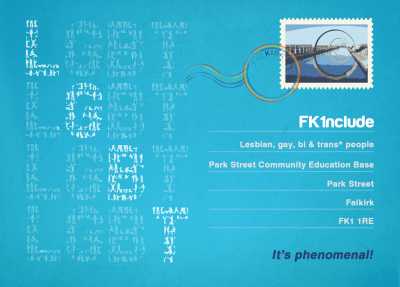 Sharon Wallace, Effective Teaching and Learning Teacher, Curriculum Support Team, along with Class teachers and pupils, carried out an Active Literacy Parental Awareness Workshop at Deanburn Primary School.
Sharon Wallace, Effective Teaching and Learning Teacher, Curriculum Support Team, along with Class teachers and pupils, carried out an Active Literacy Parental Awareness Workshop at Deanburn Primary School.
 Pupils participated in an overview of the strategies and methodologies relating to Active Literacy before engaging parents in an active workshop.
Pupils participated in an overview of the strategies and methodologies relating to Active Literacy before engaging parents in an active workshop.
Pupils used the Reciprocal Teaching method to engage their parents in activities such as: spell-er-cise, fun spelling tasks, Elkonin boxes, diacritical marking and dictated sentences.
Parental feedback was collected by P7 pupils.
‘What did you like about the Active Literacy Workshop?’
- WOW
- Very informative session will definitely use some of those ides with my son
- Very useful workshop has gave me a greater understanding of my daughter’s learning journey when she starts P.1
- It was good to get to see what kind of activities go on in schools in Falkirk council
- I have a much better understanding of literacy and thought it was very intelligent of the children how they explained it
‘Which ideas or advice will you use to support your child?’
- I will use the recipe checking together and the list making for shopping and packing bags
- I will read more to my children even they are older
- Very informative, especially diacritical marking #
- I will try and make up stories in the car with my son
- I loved it
- I will get them to think of unusual ways to learn tricky words (e.g. mnemonics or words within words)
Parents took way Active Literacy leaflets which contain a glossary of terms, useful websites and lots of great ideas to support literacy activities at home.












